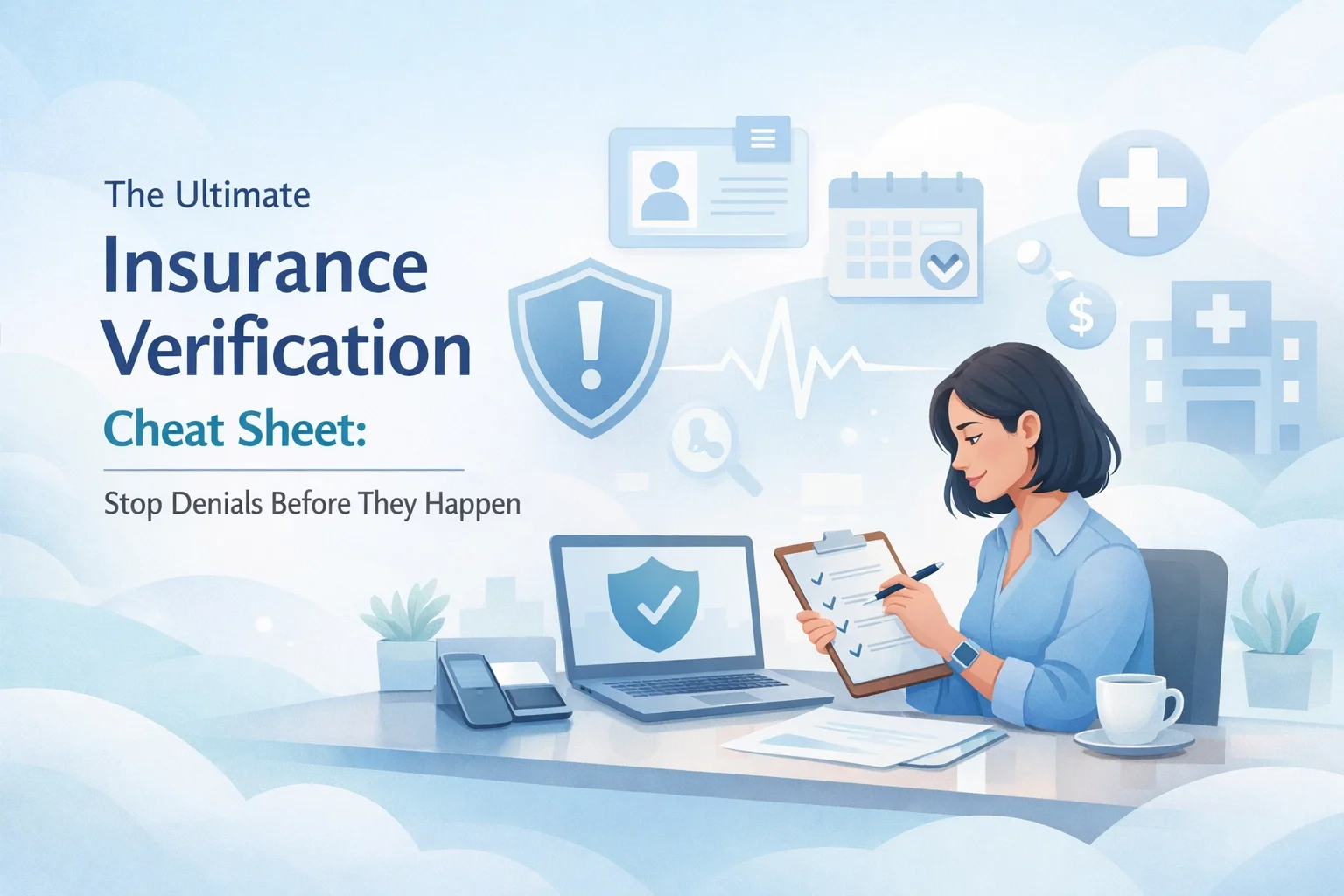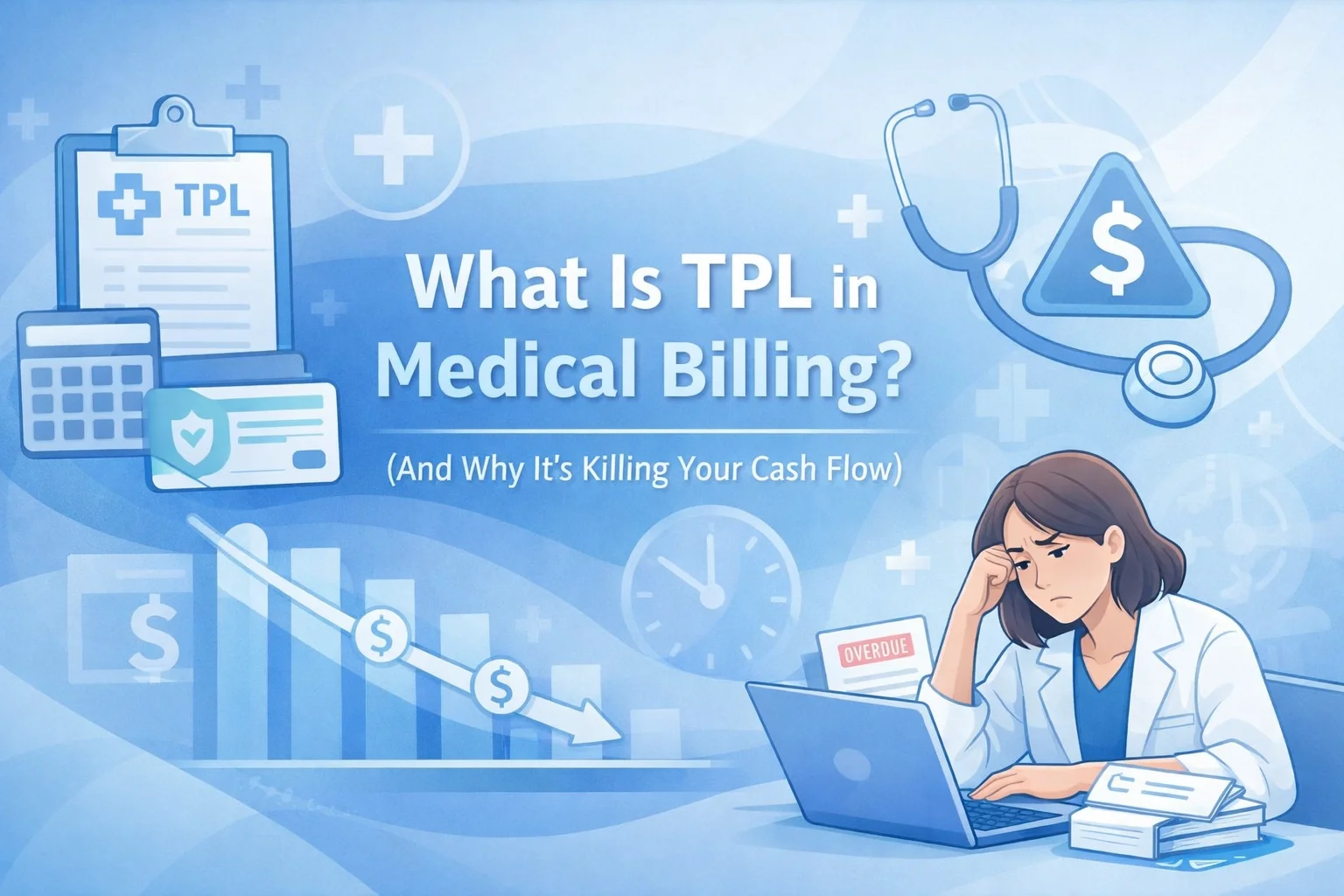6 Critical Technologies Every Therapy Practice Needs
Let me start by saying, I come from a technology background having worked with several tech start-ups across the country.
If it can make my life even a little bit easier, I’ll find a technology that can do the job. However, I was born into an “analog” world so I also understand that technology can be scary to adopt at first. I’ve found that once my clients take the leap of faith (with my help of course), they can’t ever imagine life without these time-saving tools.
As part of my billing service, I work with clients to set up all their technology tools and train their therapists to ensure a smooth transition.
1. EHR and Billing software
I mention this one first because it often takes the biggest leap of faith; especially when you’re transitioning from a 100% paper business. These systems can be expensive and time-consuming to set up so I recommend doing your research before picking your “horse”. However, in the end you’ll never regret making the change. You’ll save tons of time, you’ll get better at tracking your claims, and you’ll probably catch things that used to fall through the cracks like those pesky Pre-Authorizations that seem to expire like every day. I’ve reviewed a lot (not all) of these technologies and found my favorite for small to medium-sized therapy practices is Clinic Source (clinicsource.com). If you have 4 or more therapists, it is very cost-effective (see their website for details), it’s easy for therapists to learn the system, and it helps with a number of daily tasks to include Scheduling, Documentation, Billing, Payment Posting, and Payroll. I’ve trained therapists from ages 23 to 65 and no one has failed yet.
2. Electronic Clearinghouse
This piece of technology goes along with the first one hand in hand. If you have a billing software, you’ll need a clearinghouse to submit your electronic claims. Clearinghouses are set up to validate the claim data fields before they are ever sent to the payors. For this reason the insurance companies subsidize the cost of Clearinghouses and make it super cheap for you to use them. I use Office Ally but Availity is another popular system. Office Ally only charges you if 50% of your claims are going to a Medicaid payor and even then it’s only ~$20 per month; easily affordable for even a small practice. If you choose to do so, you can use these Clearinghouses as your primary billing software but I’ve found that it’s a lot easier to make mistakes when doing that so I would encourage you to use an EHR/billing software to eliminate a lot of those errors.
3. Eligibility Tool
If you have a large Medicaid patient population, you absolutely NEED Eligipro (eligipro.com). Eligipro takes the stress out of daily eligibility checking. It automates the process by checking eligibility every single day, logging a report with that patient’s eligibility, and emailing you an alert with any changes to a patient’s eligibility. This will save you or your back office a TON of time every month. The cost is minimal and the benefits are incredible.
4. Communication Tool
Every office needs a communication tool where all the therapists can coordinate and share information quickly and easily. I’m always surprised to find my new clients using group texts and calling each other to share information. STOP!!! PLEASE!!! Slack (slack.com) is an excellent solution to your communication problems; best part about it is that it’s completely FREE! It’s not HIPAA compliant so you will have to avoid using personally identifiable information about clients but that’s easy to do. Imagine the ability to coordinate cancellations, announce when authorizations come in, ask questions of individuals or groups, and do it all from any computer or mobile device.
For example:
ST Therapist #1 announces to the group: “John Doe just cancelled his ST appointment.”
OT Therapist #2: “oh thank you, I have him for OT right afterwards.”
ST Therapist #3: “I have Jane Doe right before that; she could use another discipline today.”
OT Therapist #2: “Perfect, I’ll call mom.”
5. Mobile Scanner
Don’t leave home without a mobile scanner such as the “Genius Scan” mobile app. You can download a free version of the app and scan any document to your phone and email it to anyone. I use this app all the time to scan and send documents to my clients or insurance companies.
6. Storage Tool
Finally, you’re probably going to need a good storage software to back up all your documents and store your practice records that don’t get stored in your EHR. My favorite storage system on the market is DropBox (dropbox.com). For a Terabyte of storage (probably more than you’ll ever need), you’ll pay $5 per month and you can install the folder right on your desktop for easy access. If you want a HIPPA compliant option, you can add Sookasa (sookasa.com) for an extra $10 per month. Sookasa encrypts all you data within DropBox with HIPPA compliant encryption.
So, how much does all this critical therapy practice technology cost?
Let’s break it down.
Clinic Source: $150-$500 per month depending on the size of your practice.
Office Ally: $20 maximum per month
Eligipro: $75-$220 per month also depending on the size of your practice.
Slack: Free
Mobile Scanner: Free
Storage Tool: $15 maximum per month
Total Cost: ~$260 for a 4 person office up to ~$755 for a 15-20 person office.
And that’s for everything I discussed. I’ve helped businesses grow by as much as 40% after implementing these time-saving technologies. However, you will have to use your new found freedom wisely to grow your business.
I hope you’ve found this helpful!
Archive
- February 2026
- March 2022
- February 2022
- February 2021
- January 2021
- December 2020
- November 2020
- October 2020
- September 2020
- August 2020
- July 2020
- June 2020
- May 2020
- April 2020
- March 2020
- May 2019
- April 2019
- March 2019
- February 2019
- February 2018
- June 2017
- February 2017
- December 2016
- November 2016
- October 2016
Keep reading…
Need Billing Help?





